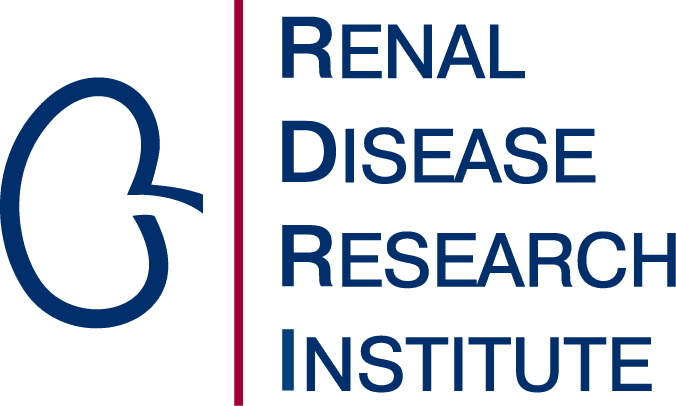VOLUNTEERS
Are you looking for a research study and how to participate?
PROVIDERS
Are you looking to refer a patient to participate in a clinical study?
SPONSORS
Are you looking to be involved in a research study with RDRI?
What is a clinical trial?
A clinical trial is also called a research study. Under the supervision of a medical doctor and other research professionals, volunteers receive investigational treatments. These investigational treatments are made by biotechnology and pharmaceutical companies. These companies work with qualified physicians, also referred to as investigators, to oversee clinical trials to establish the benefits of investigational medications.
Why are clinical trials important?
Every day, millions of people participate in clinical research studies as volunteers. All of the medicine that you, your friends, and your loved ones take – or have ever taken – is available to you because of a clinical research study! Clinical research studies are necessary to prove that a medicine or treatment is both safe and effective. Clinical research studies could not occur without people who are willing to participate. There is no substitution for volunteers who participate in these studies. They provide invaluable information and help assist physicians in attaining medical breakthroughs.
Why should I consider volunteering?
Clinical studies that are well-executed and well-designed are a good approach for eligible volunteers to:

Take an active role in your healthcare and improve your quality of life.

Obtain access to new investigational treatments.

Help other individuals by contributing to research.






















